The Stone of Bybon
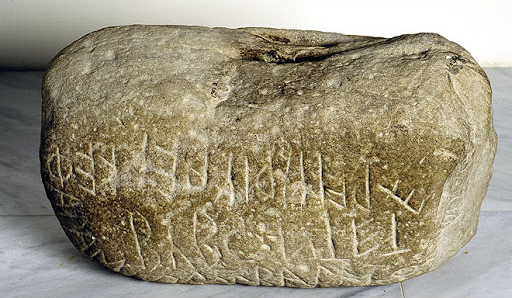
Possibly the oldest stonelifting artifact in existance. The stone of Bybon is a 143.5kg (316lb) stone inscribed with the text:
Bybon son of Phola, has lifted me over head with one hand.

Possibly the oldest stonelifting artifact in existance. The stone of Bybon is a 143.5kg (316lb) stone inscribed with the text:
Bybon son of Phola, has lifted me over head with one hand.
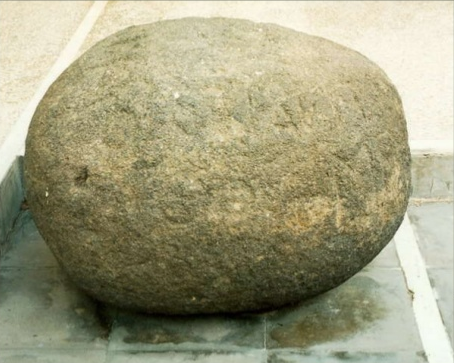
A 480kg trachyte boulder supposedly lifted by Eumastas with his bare hands.
Inscribed on the stone is:
Eumastas, son of Kritobolos, lifted me off the earth.
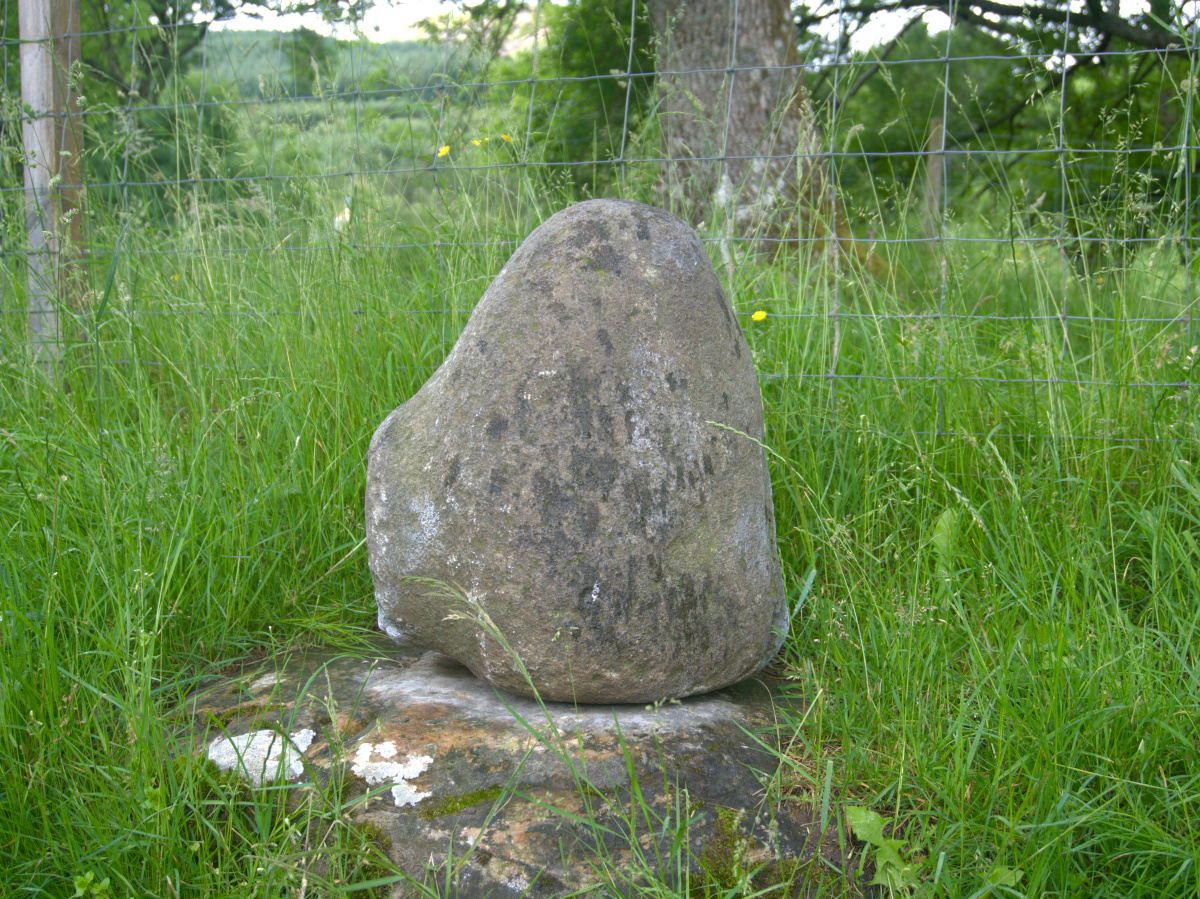
The oldest liftable historic lifting stone we know of. Difficult to precisely date but some evidence suggests the stone may have been lifted before the turn of the 11th century.
it is said, allow no youth to bear the warlike spear, or join the ranks of war until he lifted one of the Bodachs.
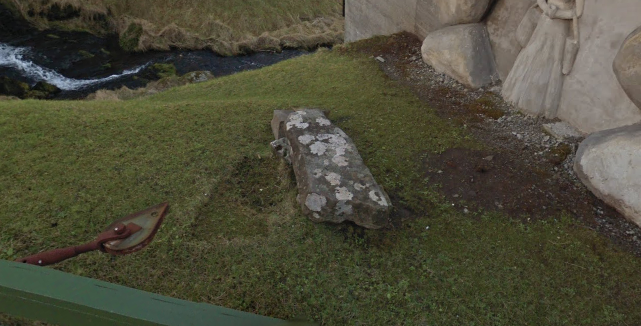
The legend of Marjunar Hav dates to the 16th century, when Marjun, a housemaid who became pregnant out of wedlock, is said to have lifted the massive 287.5kg (633 lb) stone while tending cows in the field; despite other maids trying to stop her, Marjun declared, “I know what lies in store for me. I’d rather lose my life. This Hav will be my only legacy.”
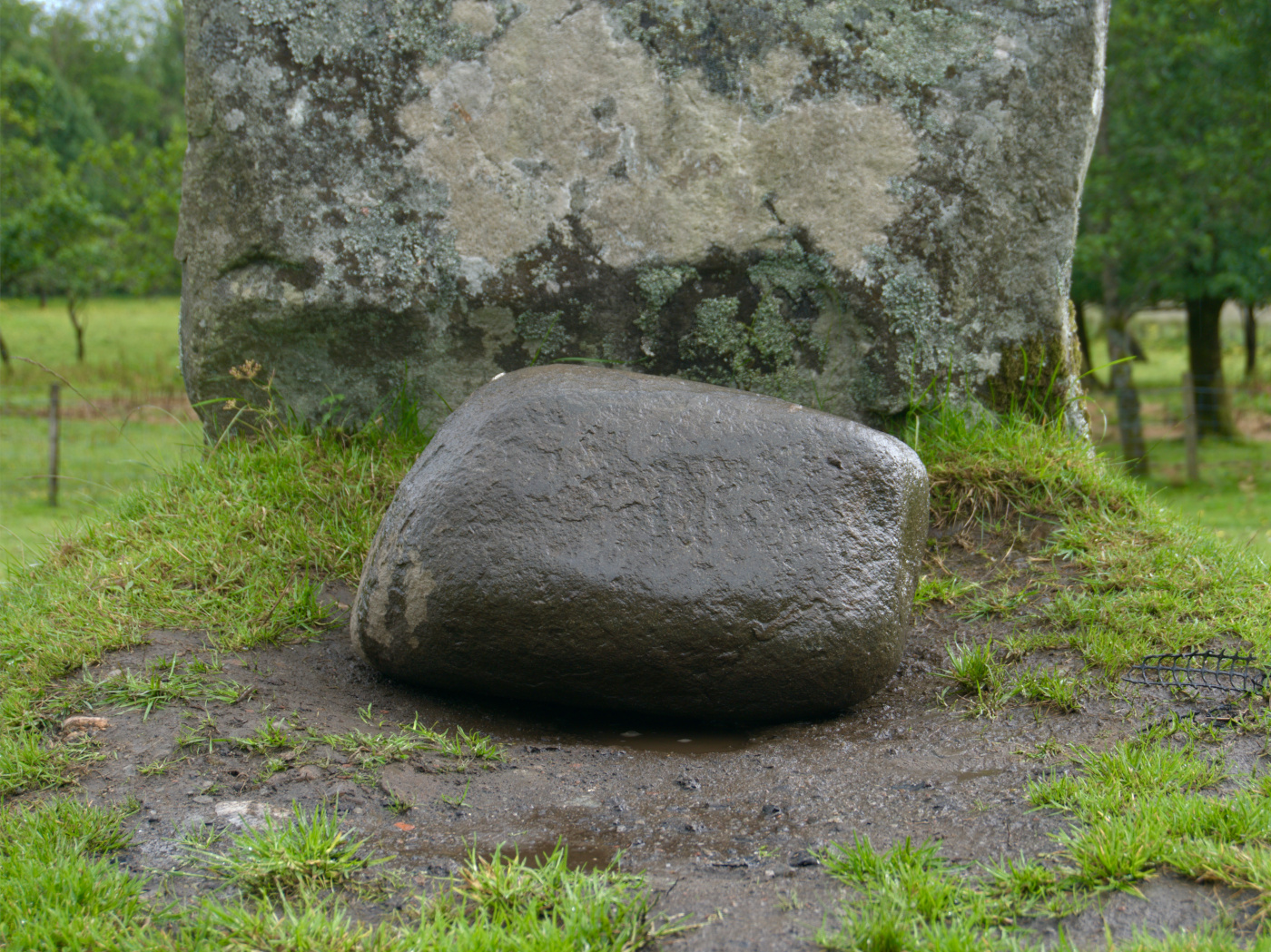
The first written reference to the Puterach stone was in 1848, but it was likely used in the 1600s, making the stone site over 400 years old!
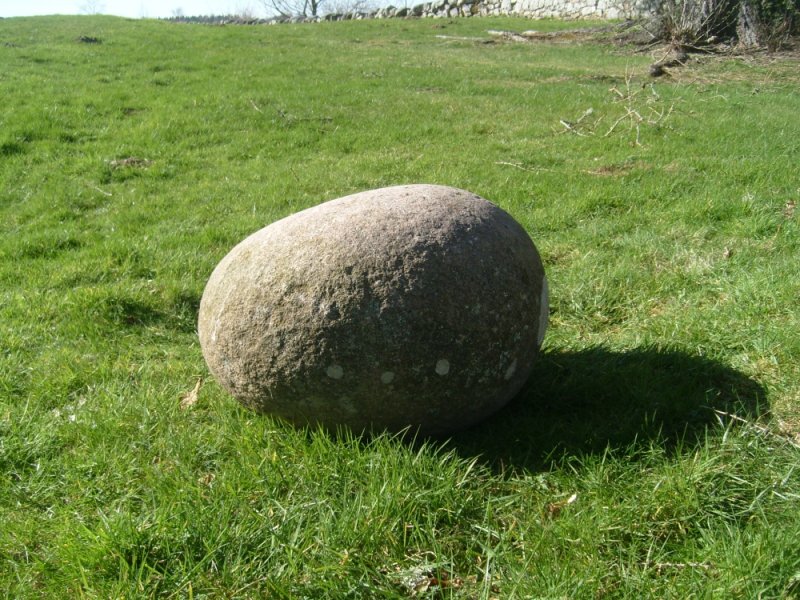
The earliest reference to the Barevan stone is from the late 1800s where it was described as a ‘test of strength in the older days’ – suggesting that the stone was lifted sometime in the 1700s.
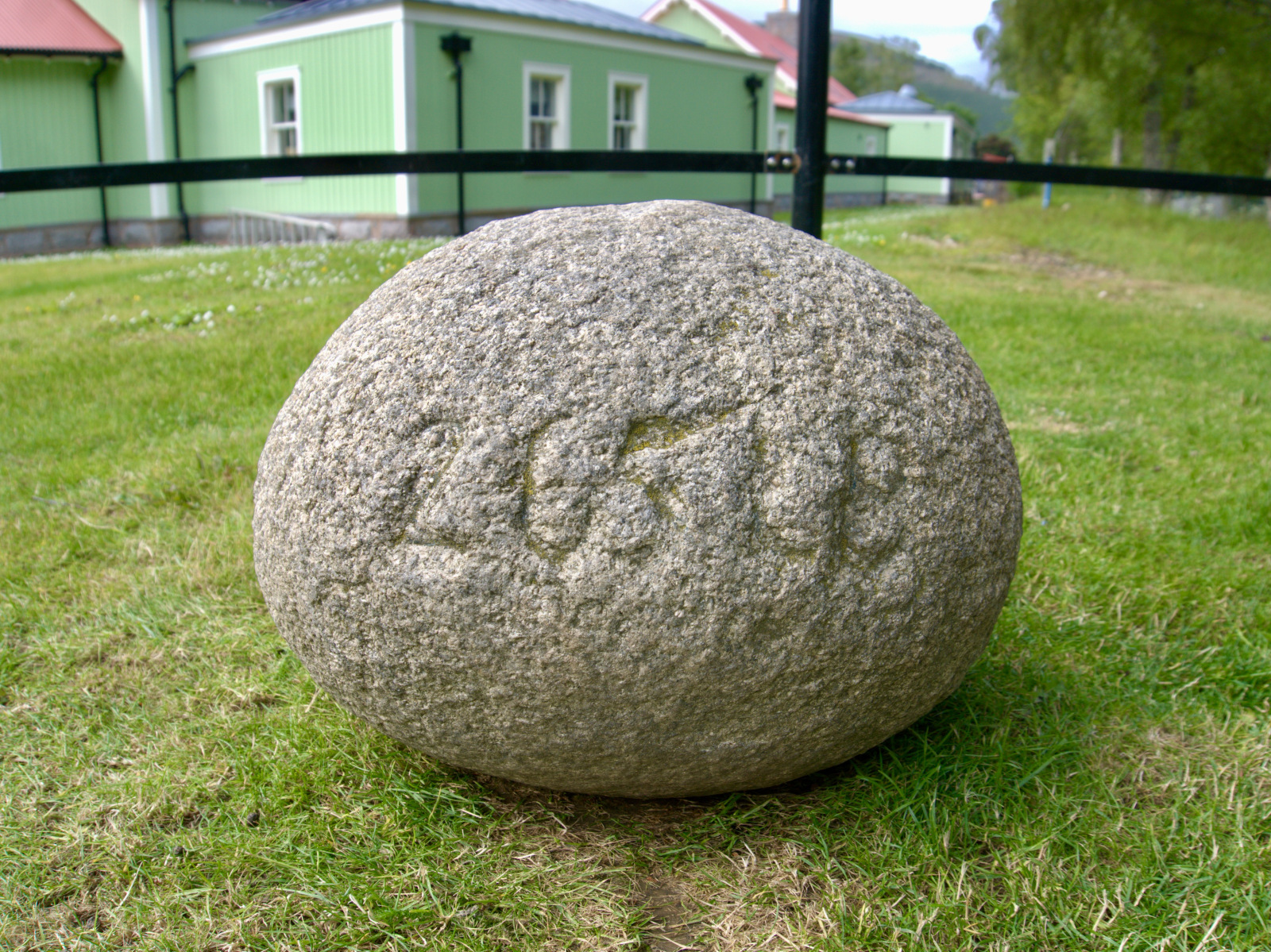
The Inver stone has a long history and may have been used as a clan lifting stone before 1715.
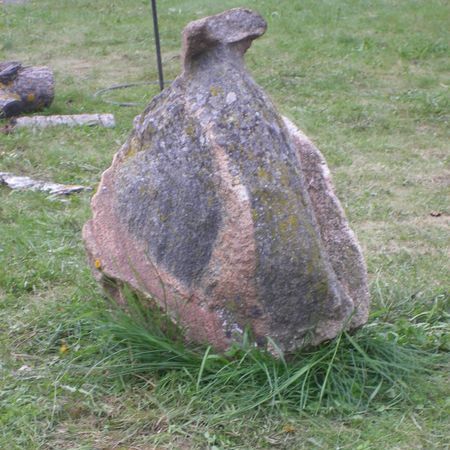
Sterke Nils lifted stones in the mid 1700s known as klypelyftsteinen (pinch grip stones). One weighs 75kg (165 lb) and was lifted with one hand by gripping the ‘handle’ of the stone as a test of grip strength.
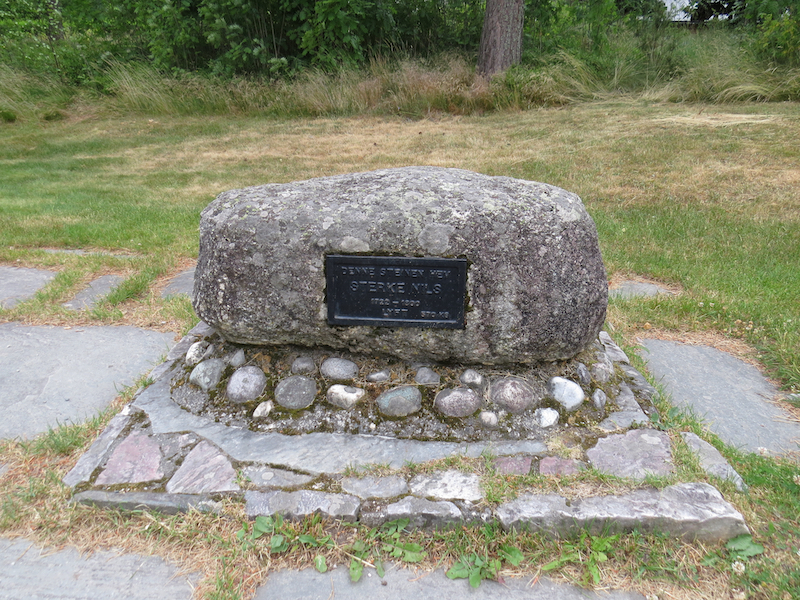
Nils Olavsson Langedal – best known as Sterke Nils (Strong Nils) – lifted the enormous 570kg (1,257 lb) stone that was named after him.
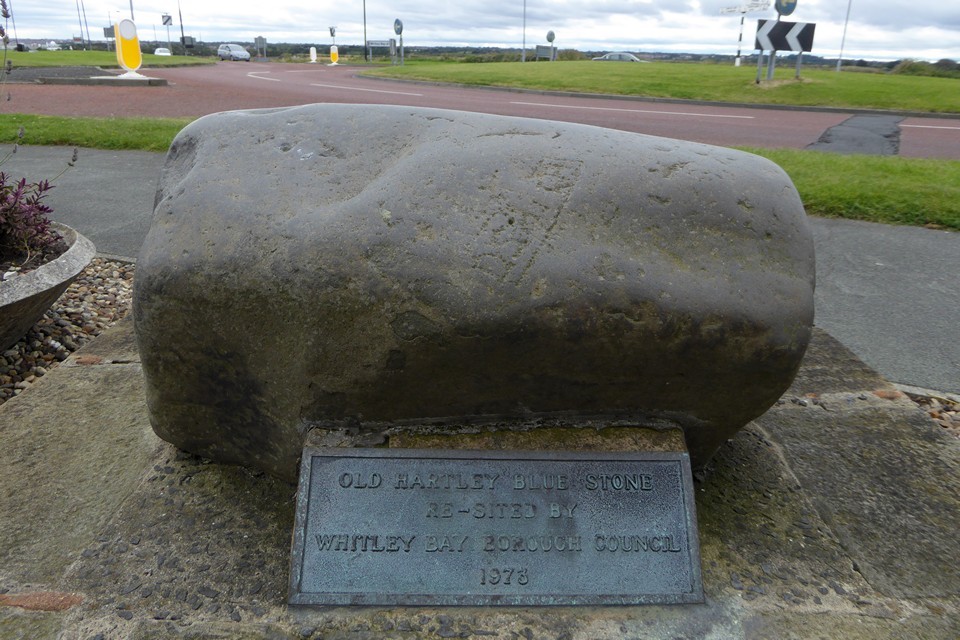
William Carr — known as The Hartley Samson — demonstrated his strength by lifting the Blue Stone of Old Hartley and carrying it under his arm in the late 1700s.
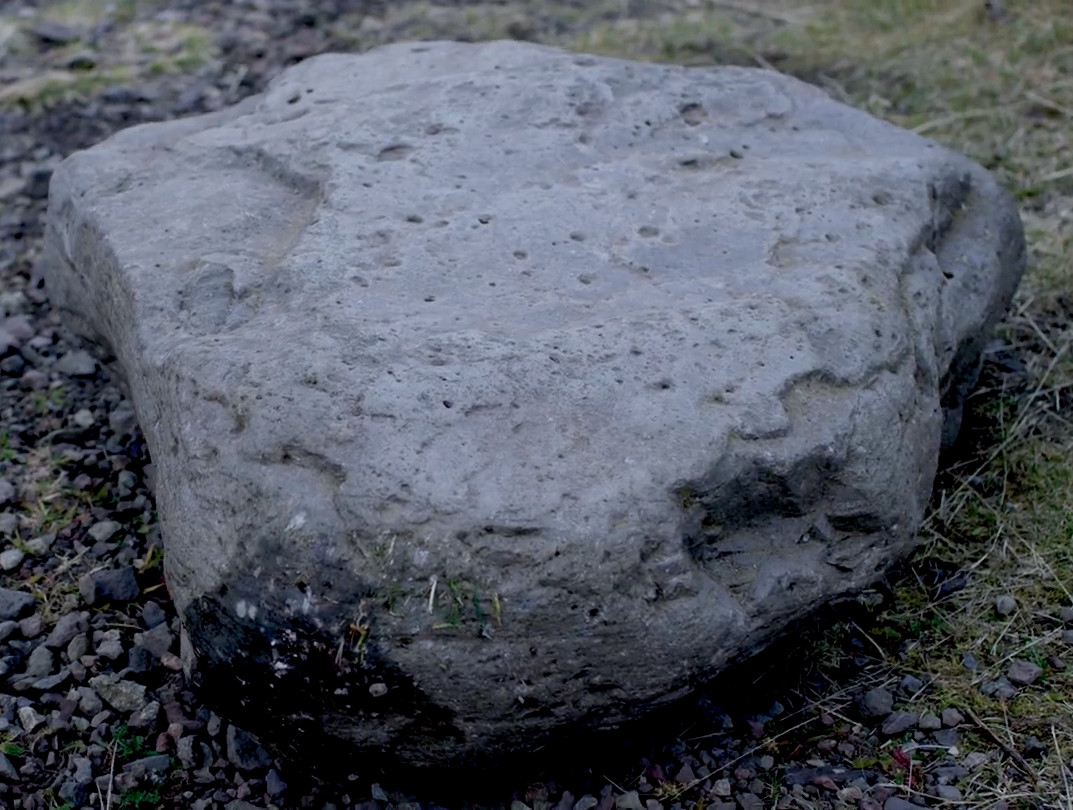
Reverend Snorri Björnsson built a stone sheep pen and used the 186kg (410 lb) Húsafell stone as the gate to the pen. The stone was used as the gate to the pen, but it is not known exactly when the stone started to be used as a test of strength.
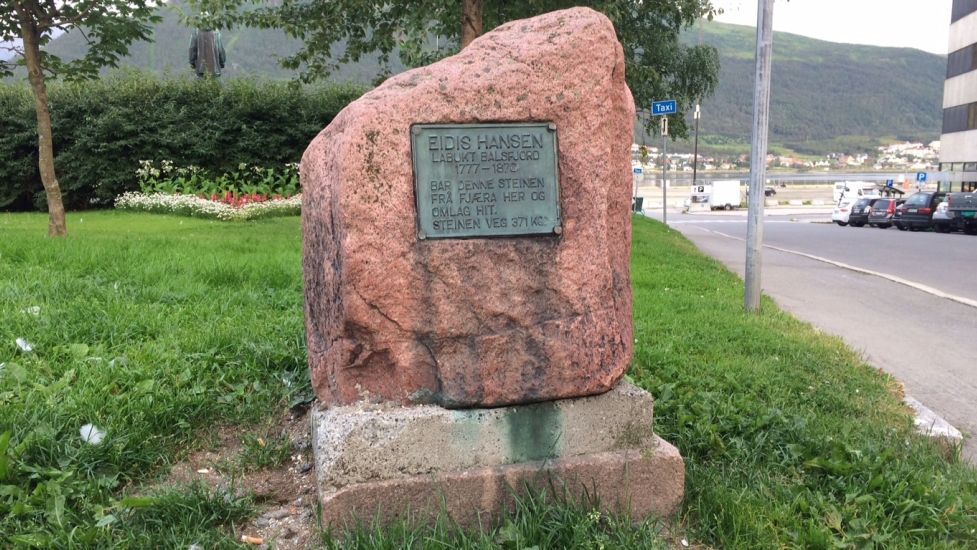
Eidis Hansen was a fisherman who carried the 371kg (818 lb) Eidis Hansen Stone from the shore to block the entrance of a shop after the shopkeeper refused to sell him alcohol.
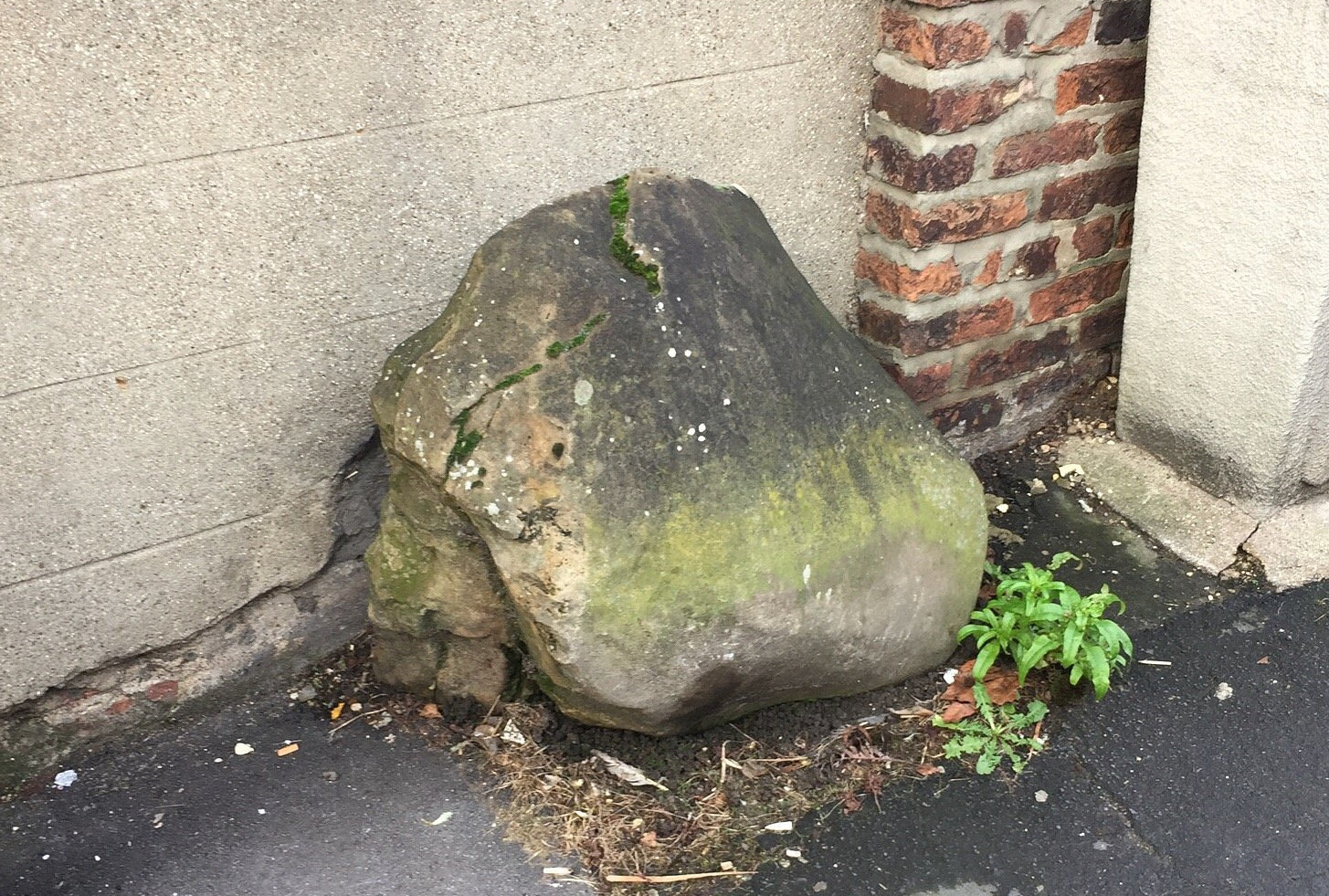
William Bradley of Market Weighton — England’s tallest man at 7 feet 9 inches (236cm) — carried the Giant’s Stone from Goodmanham back to Market Weighton, a distance of about a mile (1.6km).
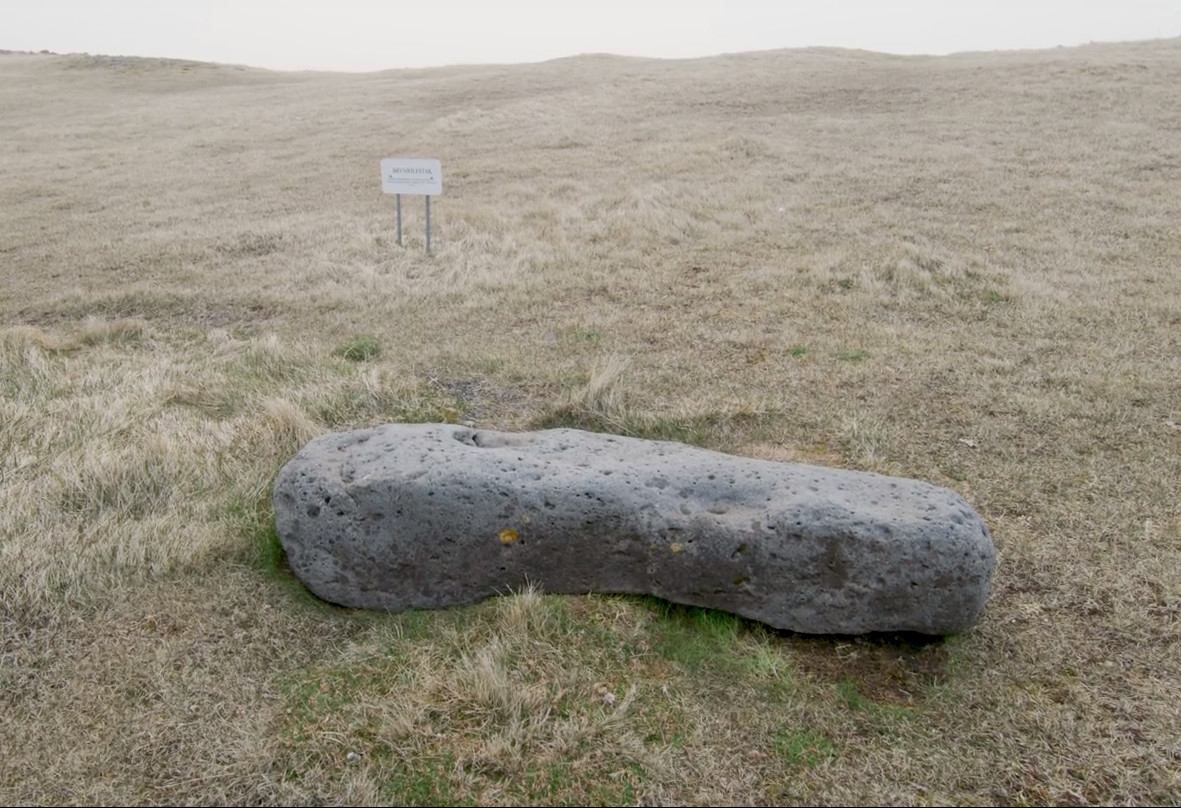
Brynjólfur “Sterki” Eggertsson carries the 281kg (619 lb) Brynjólfstak around 50 meters from the shore to its current spot.
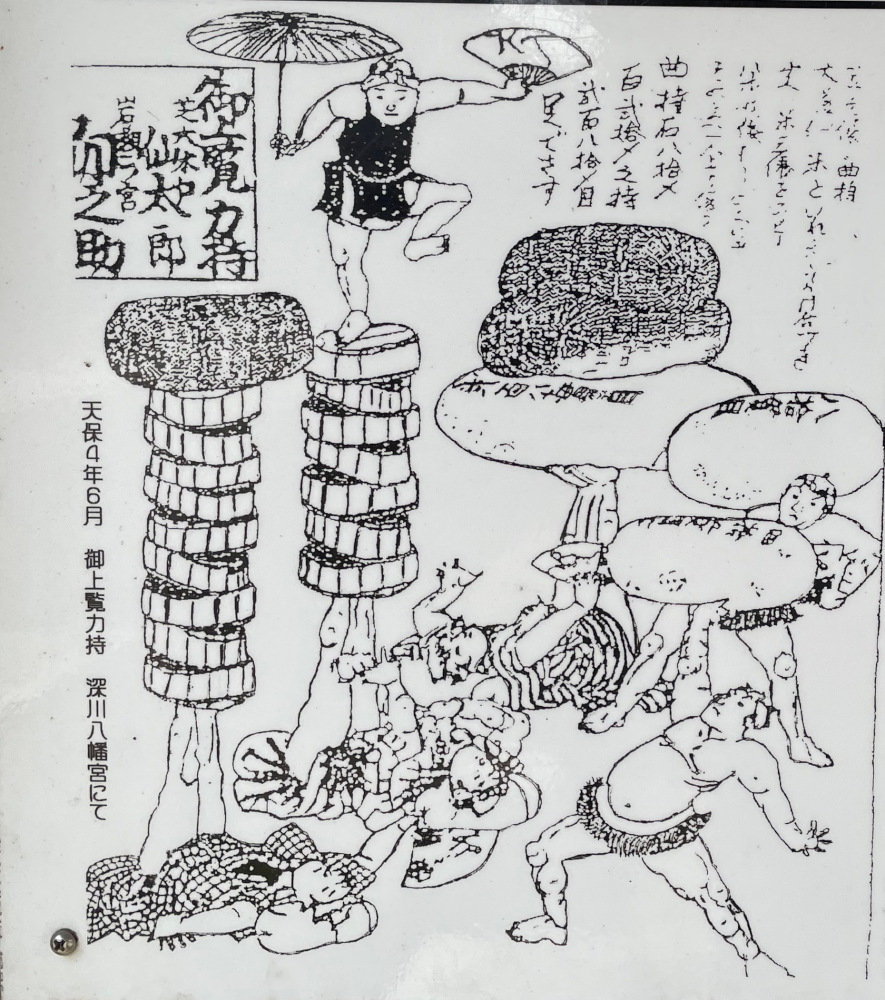
Sannomiya Unosuke lifts Japan’s heaviest power stone — the 610kg 大盤石 — on the day of the Inari Jinja festival to an amazed audience.
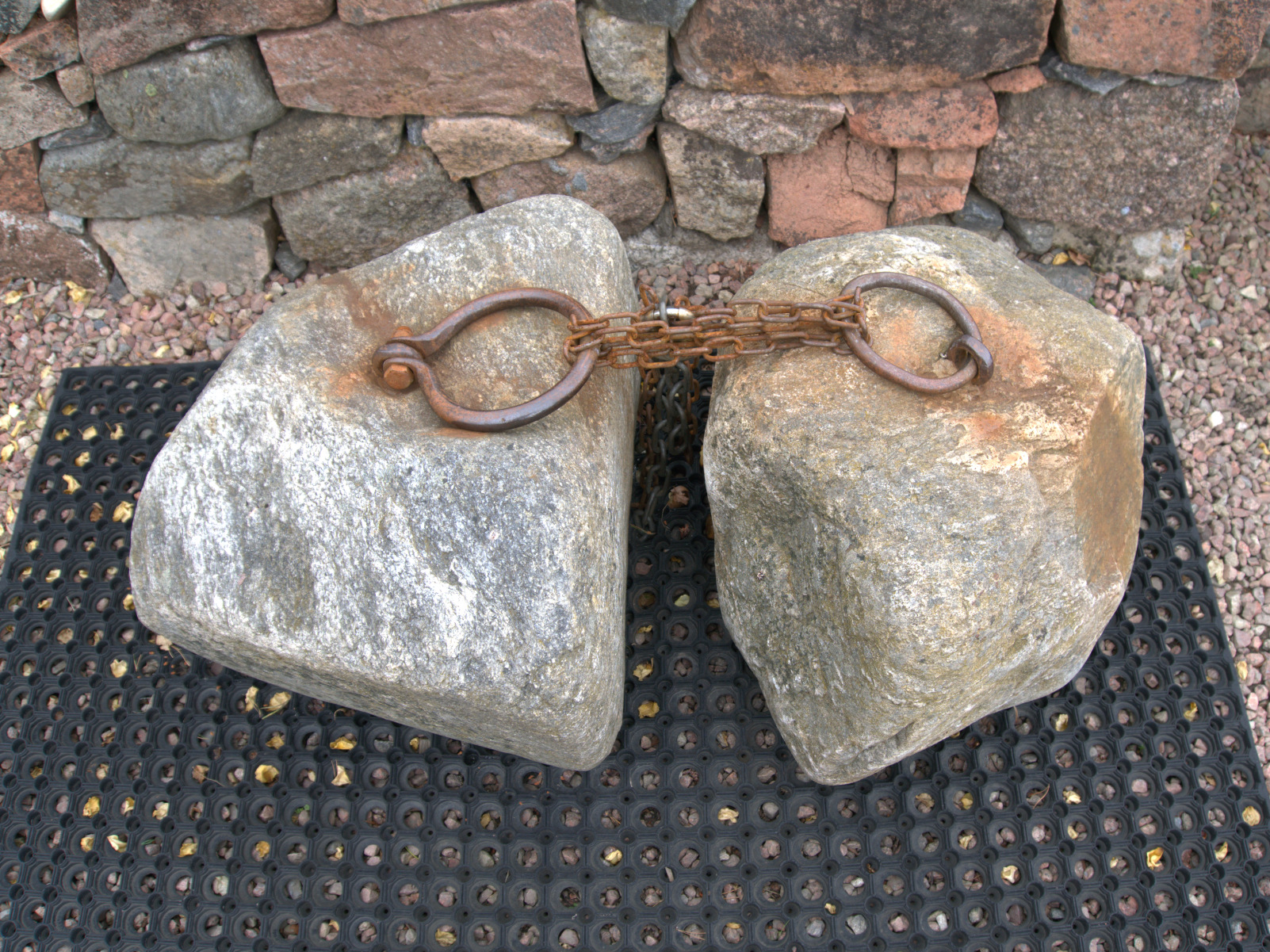
Donald Dinnie carries a pair of stones across the width of Potarch Bridge (17 feet 1.5 inches). Donald and his father, Robert, used the stones as counterweights.
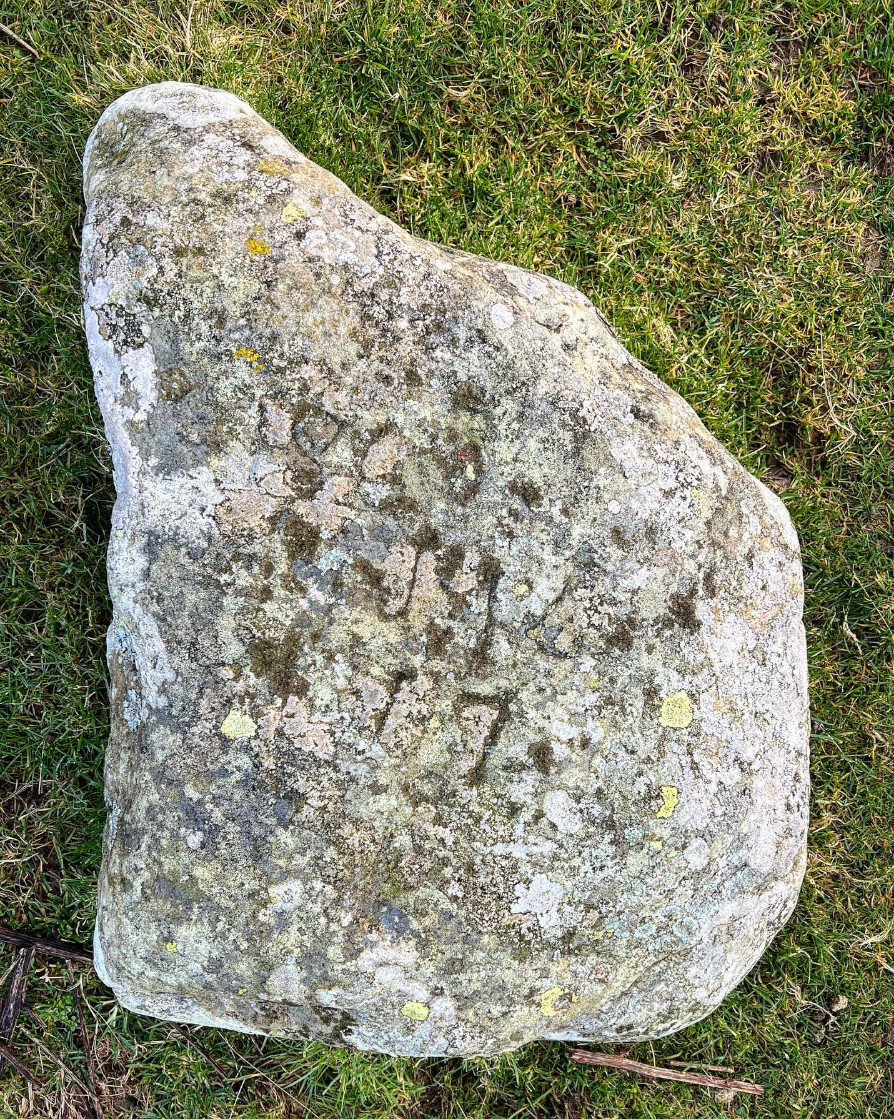
The 136kg (300 lb) Y Garreg Orchest in Ysbyty Ifan is engraved with ‘1868’, which may be a date. Sadly, there is little information on the significance of the number, though it could refer to the year the stone was first lifted, as is seen in some stonelifting cultures.
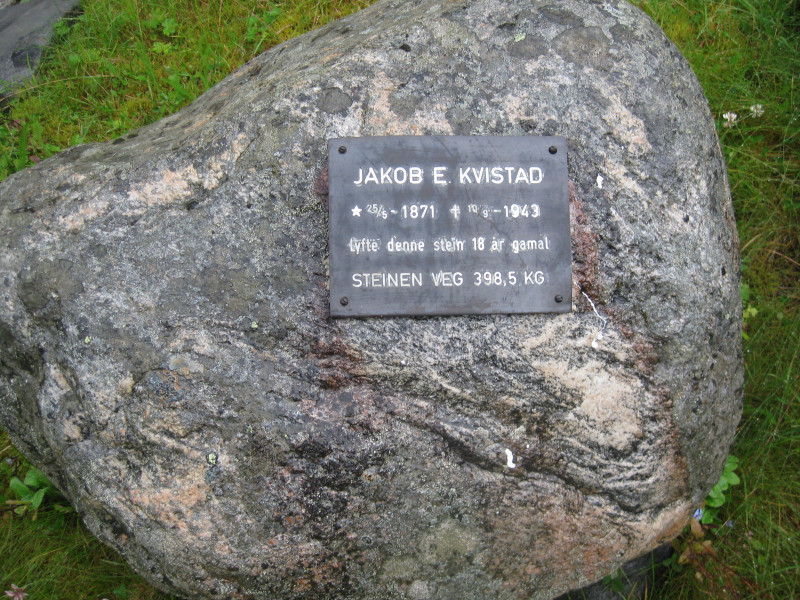
An 18-year-old Jakob Kvistad lifts this 398.5kg (879 lb) boulder while building a new barn.
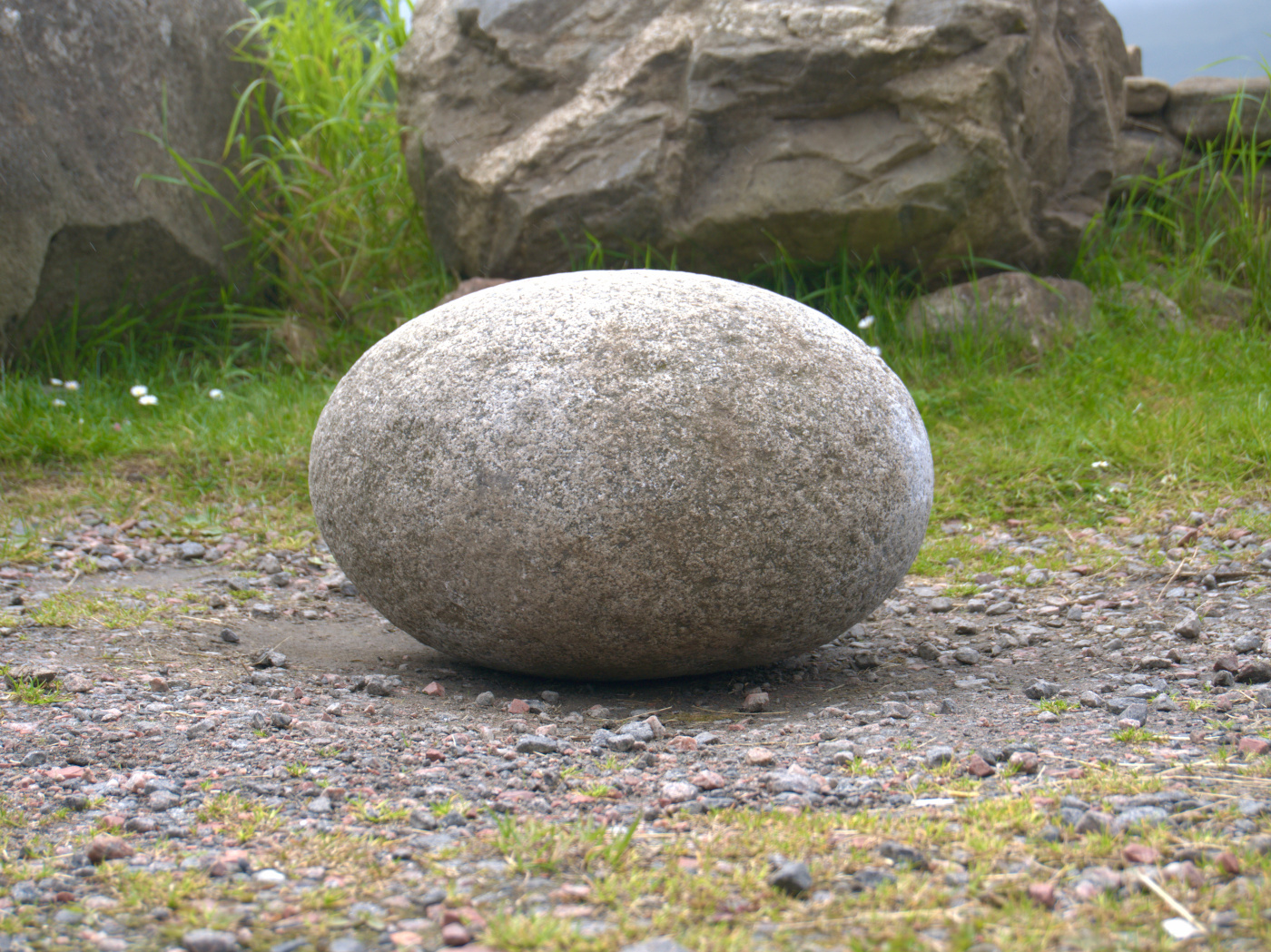
A local newspaper reported that the well-known Highland Games athlete A.A. Cameron carried the 102kg (225 lb) Dalwhinnie Stone into the bar of the hotel, placed it on the counter, and demanded a pint. This is the earliest known record of the stone being lifted.
The Dinnie Stones were lost in the early 1900s, around the time of the Great War.
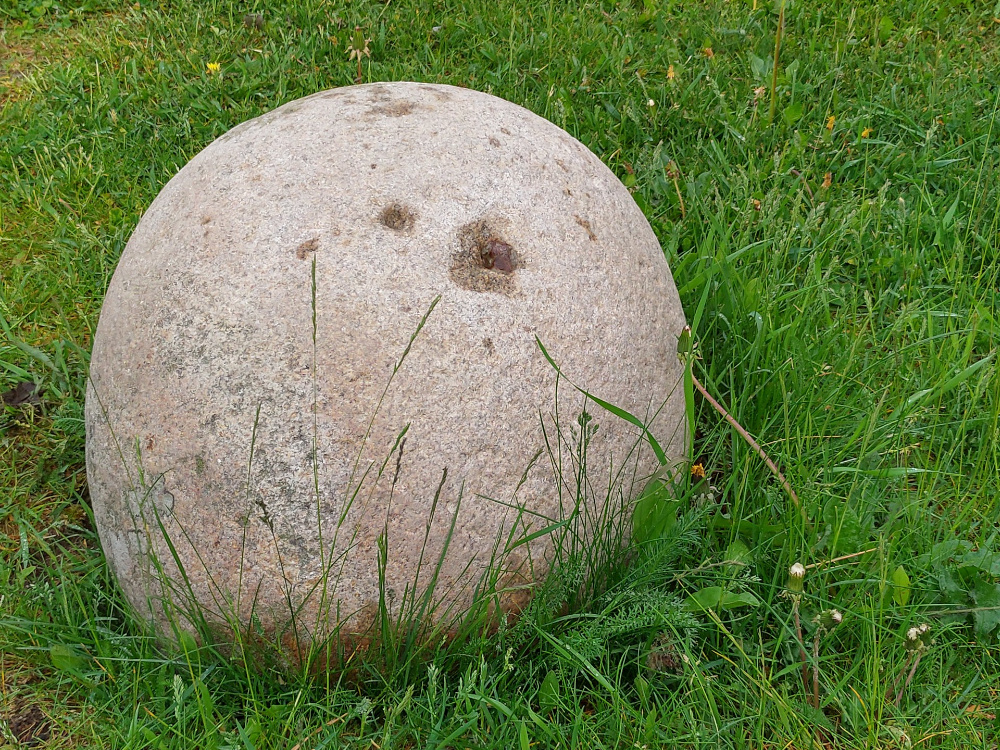
The Karperö lifting stone moves from Nysto farm to the yard of the youth center where it’s still kept.
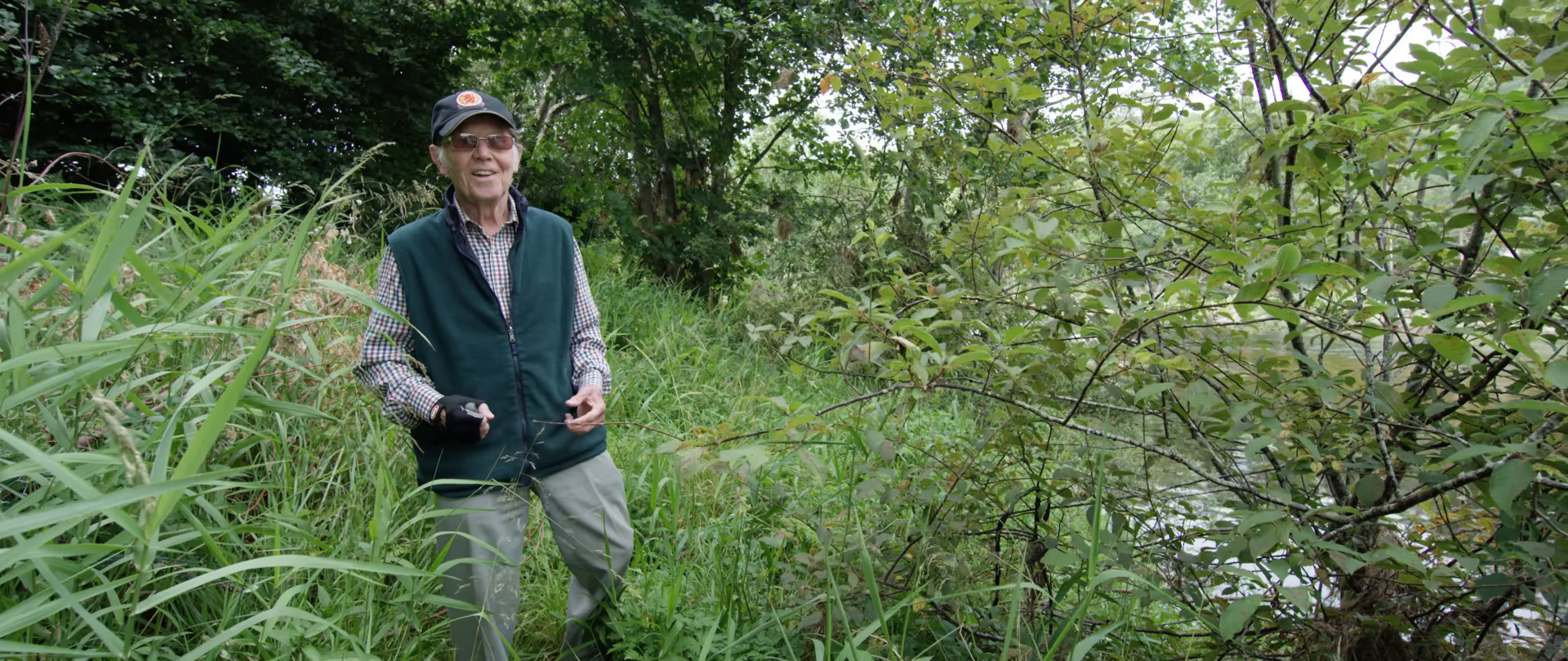
David Webster OBE rediscovers the Dinnie Stones on the bank of the River Dee. The ring on the large stone was missing.
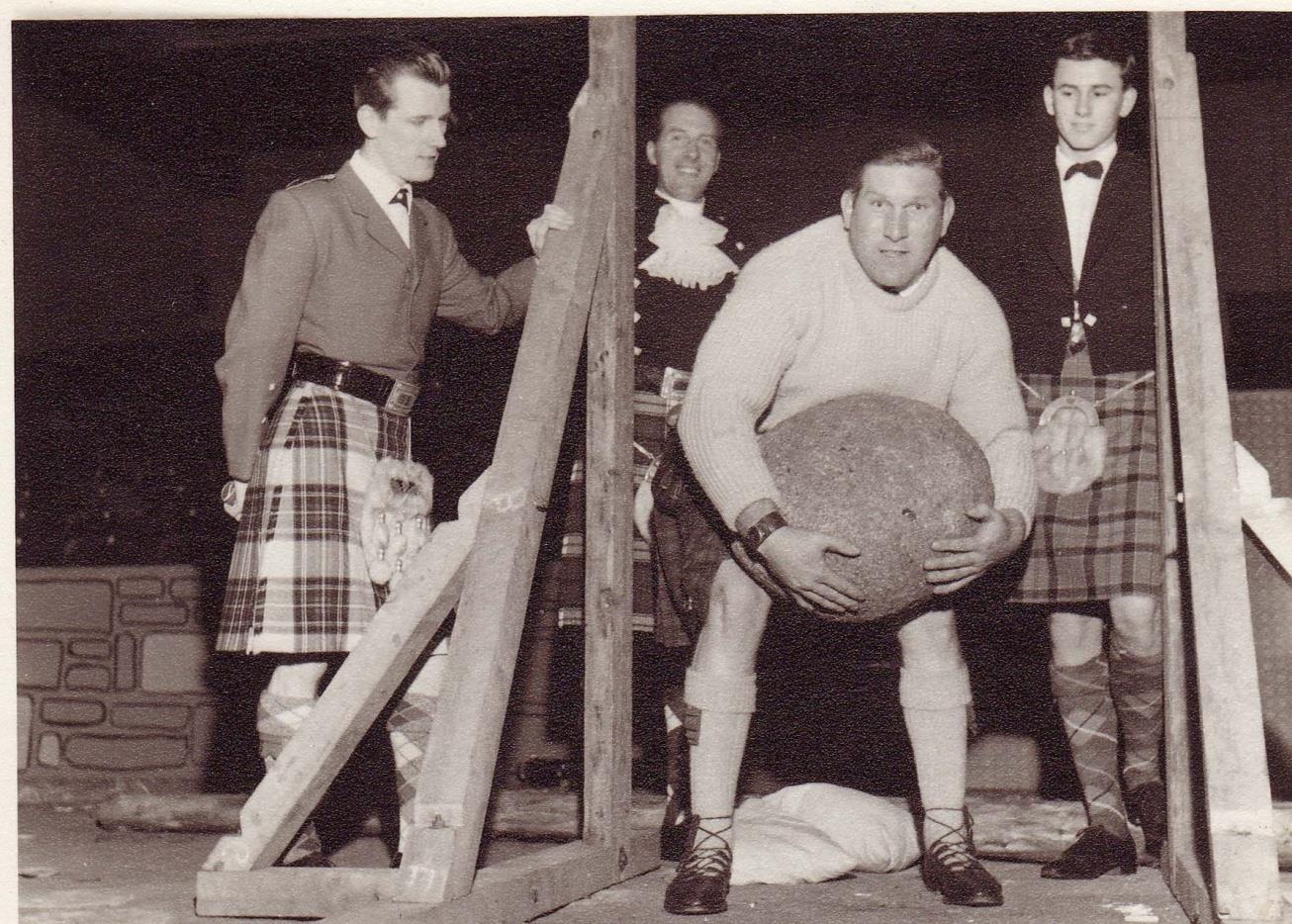
The Inver Stone was used in a competition in Glasgow, influencing the creation of the McGlashen stones.
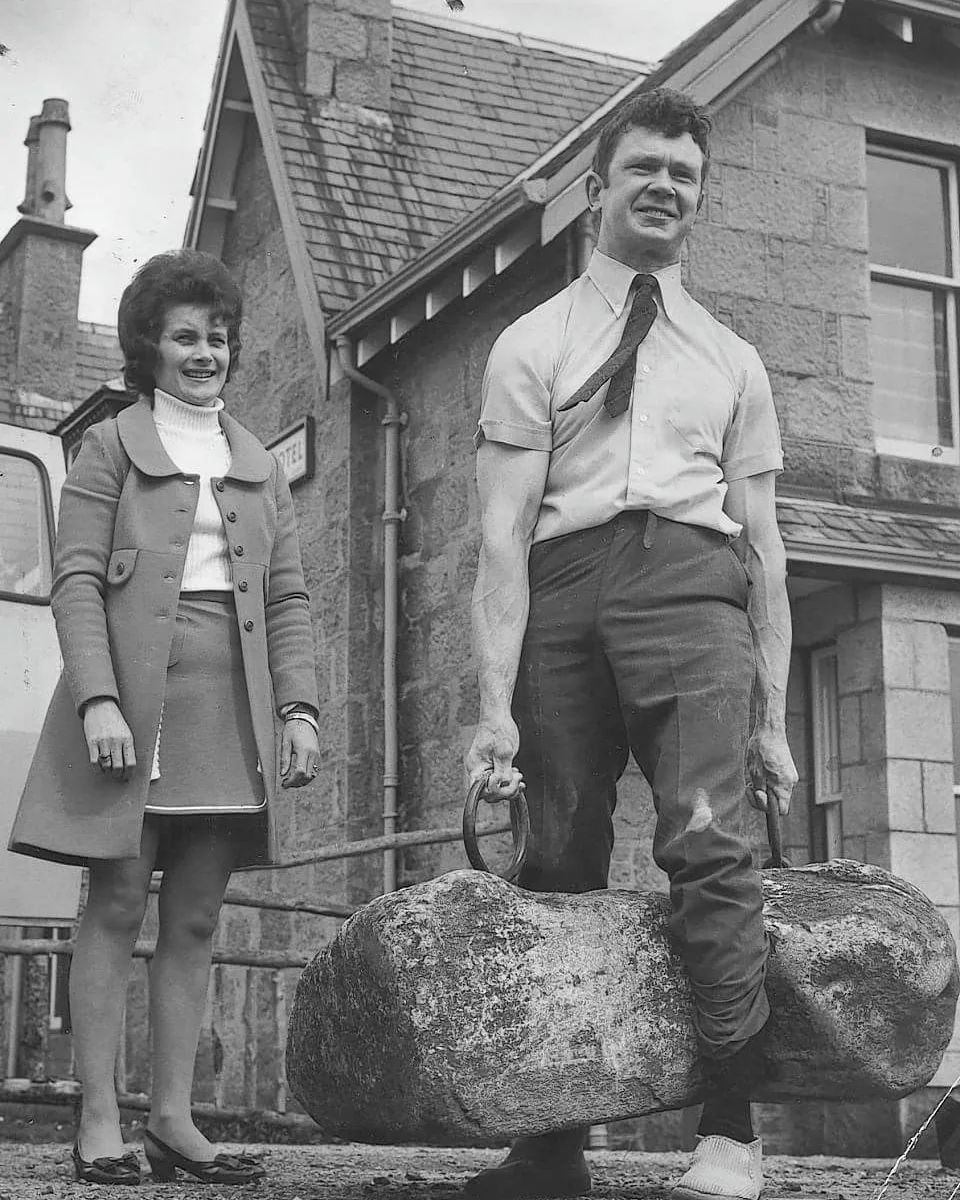
Jack Shanks becomes the first man to lift the Dinnie Stones unassisted after Donald Dinnie himself in 1860.
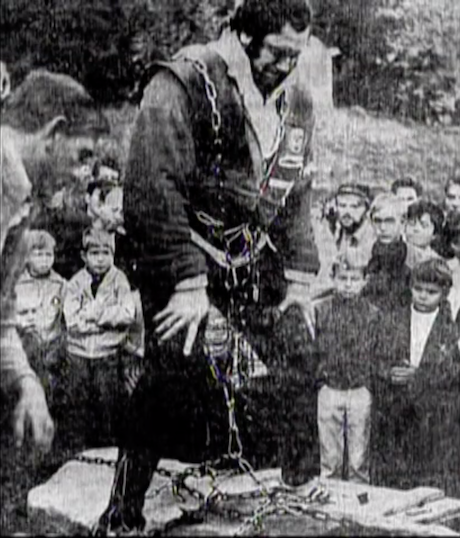
Norwegian weightlifter Torkel Ravndal attempts a hip lift with the 570kg Sterke Nils stone.
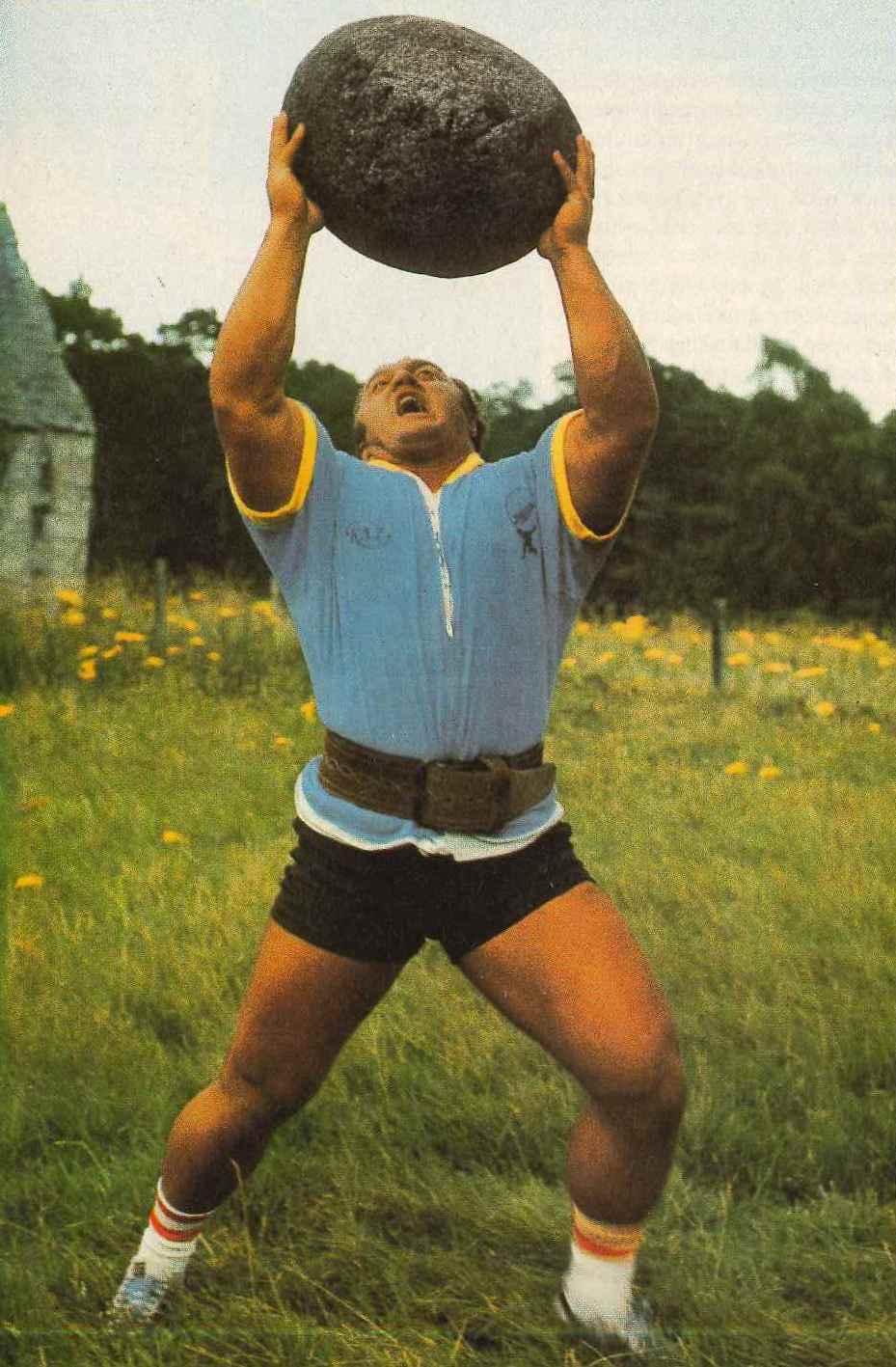
Bill Kazmaier becomes the first person to press the Inver Stone overhead.
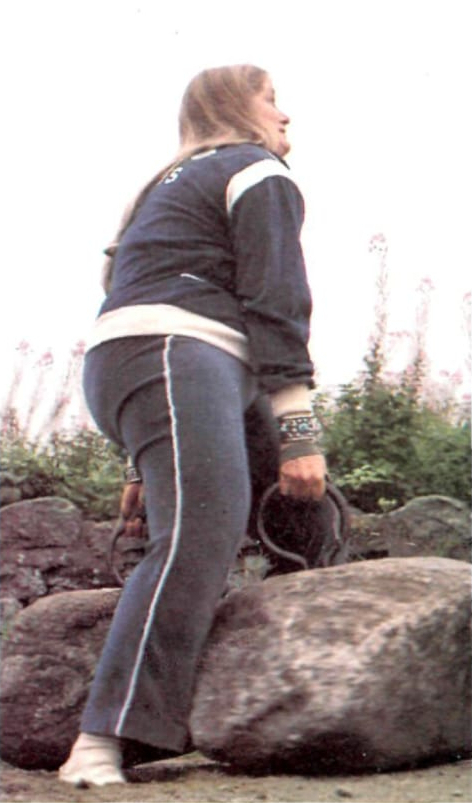
Jan Todd becomes the first woman to lift the Dinnie Stones, successfully putting wind beneath the stones using wrist straps.
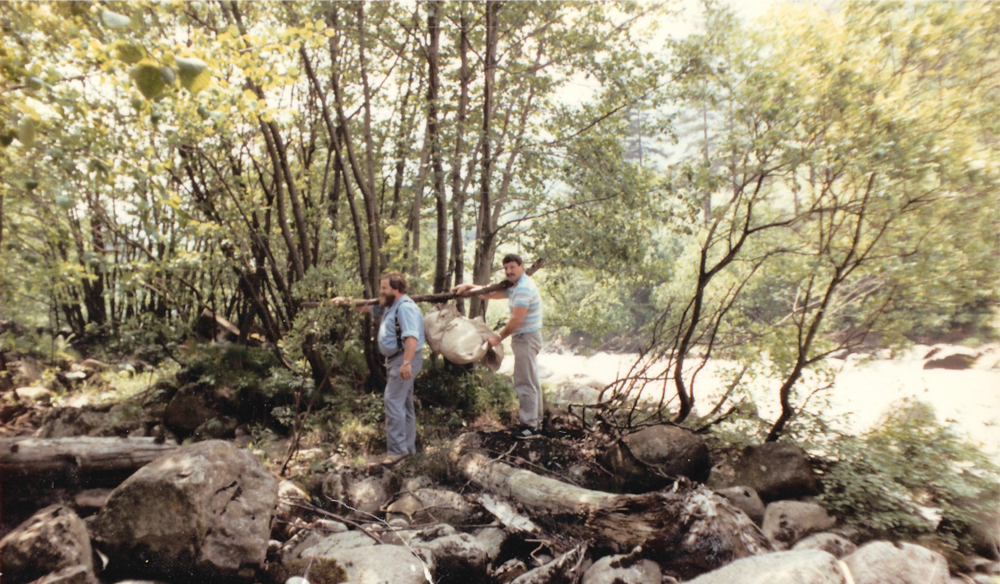
Josef Ambauen sources a stone from a local riverbed on behalf of Bernhard Wagner to create the Ybrig Stone – the heaviest stone thrown in Swiss stone putting competitions.
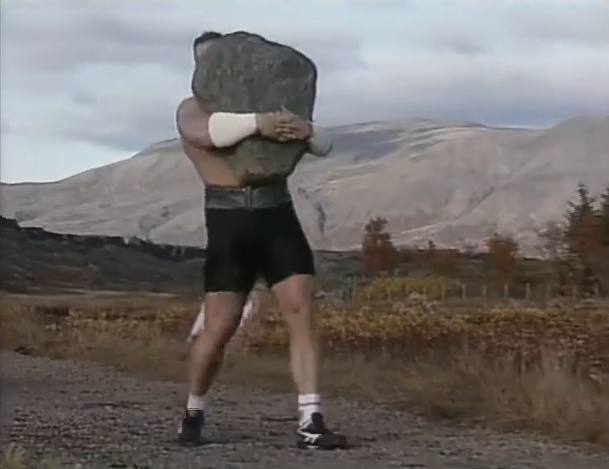
The Húsafell Stone features at World’s Strongest Man in Iceland as the final event.
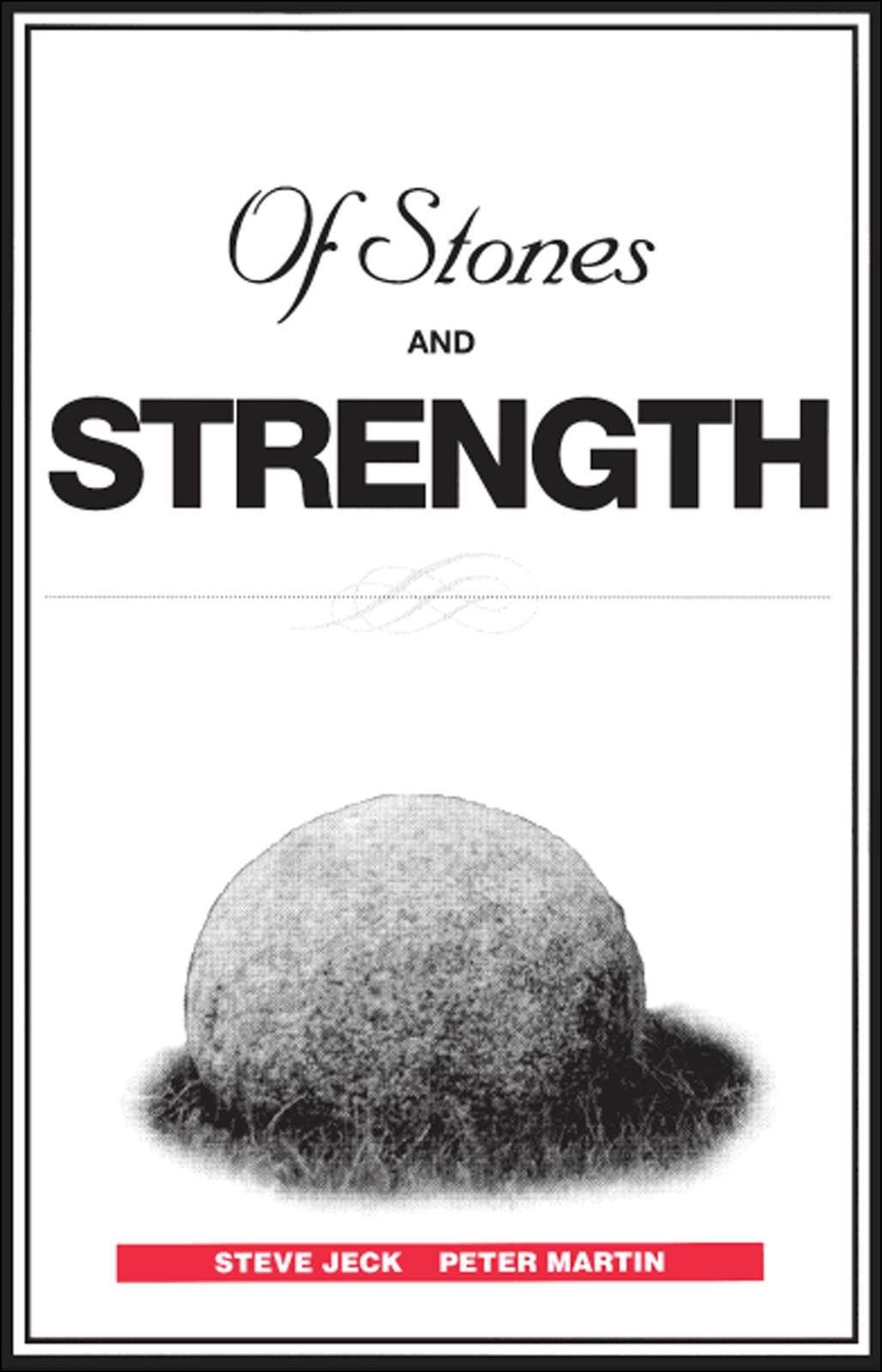
Ironmind publishes Of Stones and Strength, written by Steve Jeck and Peter Martin Sr., the seminal book on historic stonelifting featuring stones from around the world.
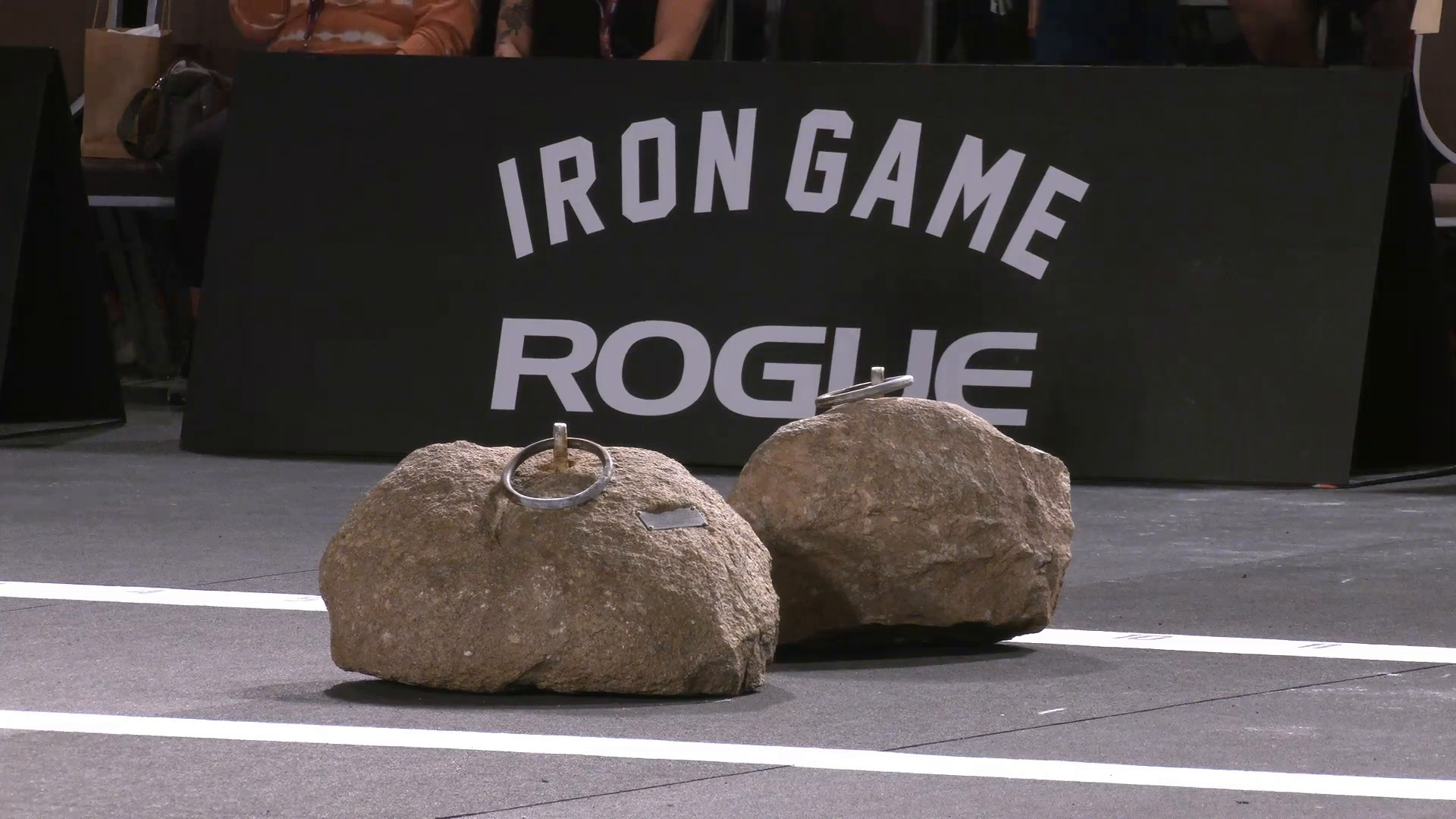
Gordon Dinnie – a distant relative of Donald Dinnie – commissioned replica Dinnie Stones in 1998.
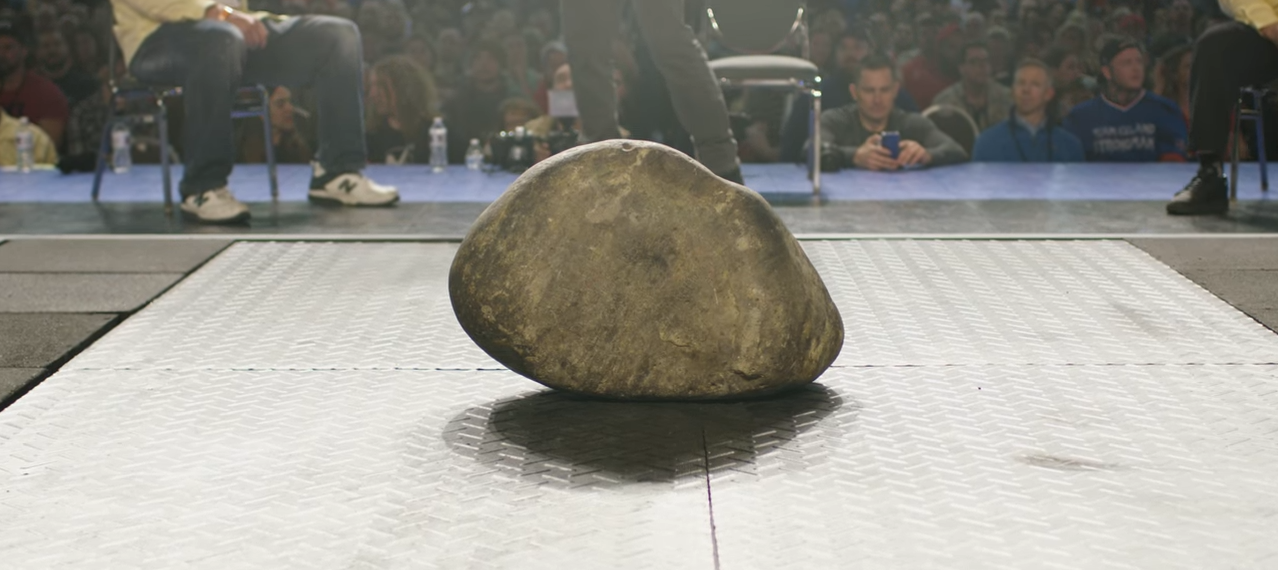
Odd Haugen was gifted his Tombstone. It has since been used in various strongman competitions.

Peter Martin found a replacement stone to be used as the new partner for the Pudrac plinth in 2011. It’s a local stone that is likely very close to the original Puterach Stone, which was either thrown in a river or built into the Manse dyke wall some time in the 1800s.

Terry Todd and Jan Todd acquired the Replica Dinnie Stones from Gordon Dinnie’s widow, Senga Dinnie.

The Stoneland documentary was released, featuring various Scottish lifting stones and the culture surrounding them. The documentary helped popularize stonelifting and brought attention to historic stones like the Dinnie Stones and others featured in the film.

The Fullsterkur documentary was released, bringing international attention to Icelandic stonelifting culture.
The Wallace Putting Stone breaks down its fault line.
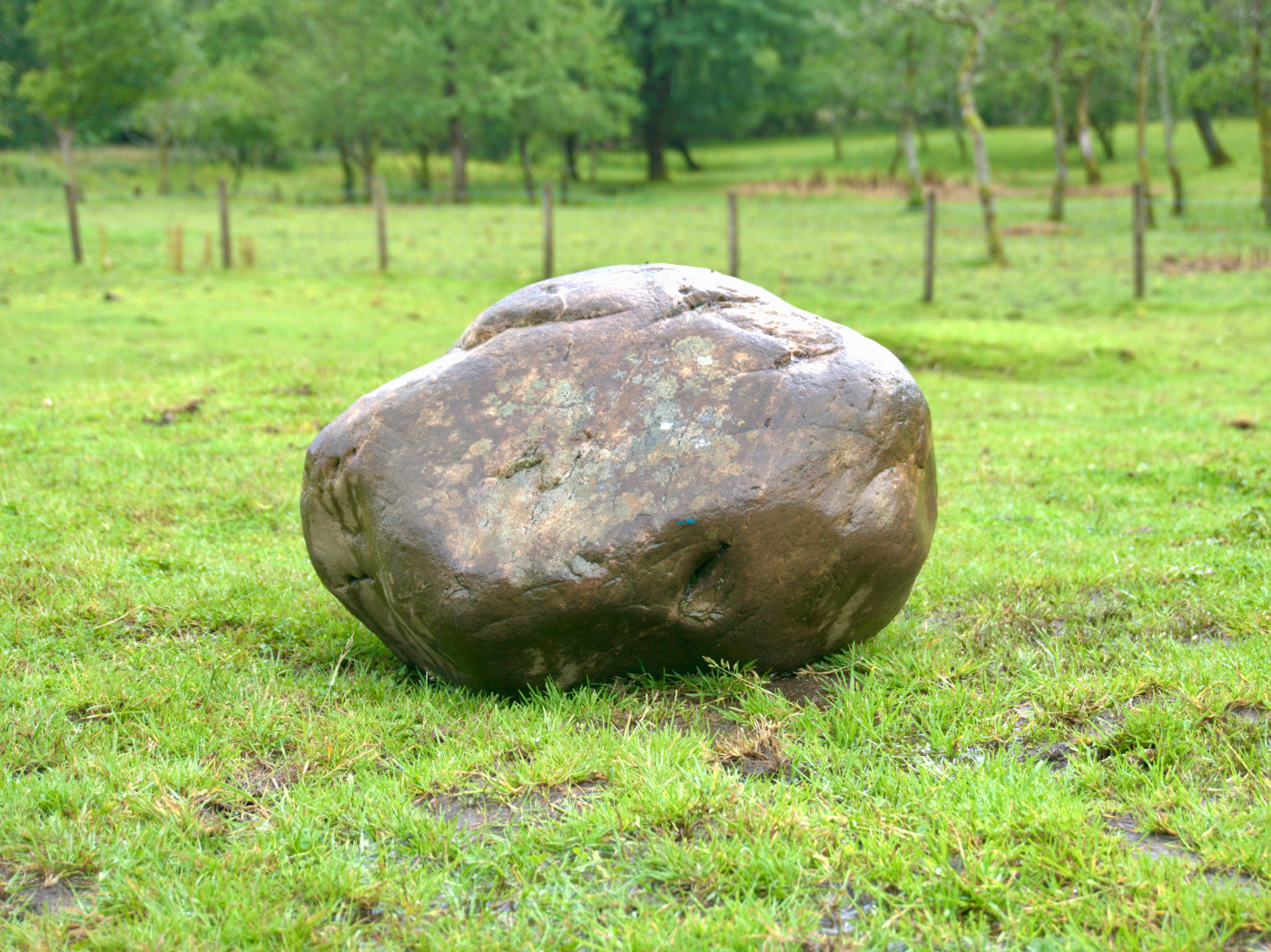
The Monachyle Stone was rediscovered by Jamie McGregor in 2021. The 120kg (265 lb) stone was moved to the Puterach site after it was fire damaged.
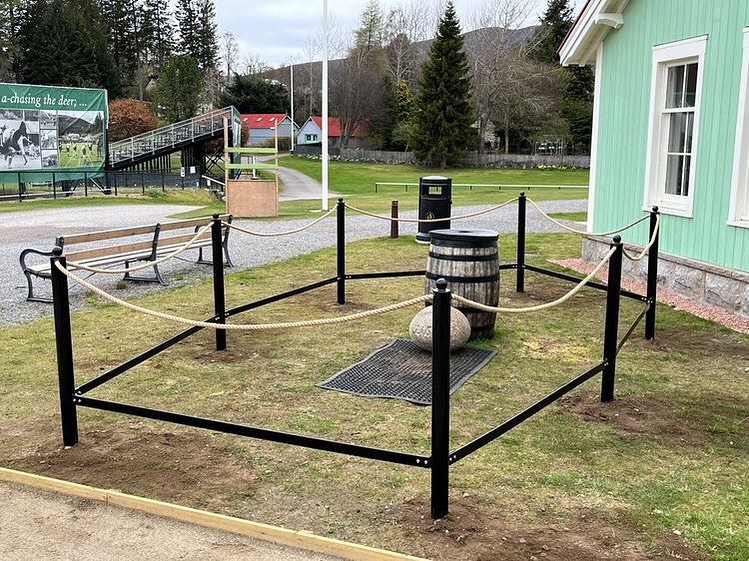
The Inver Stone moves from Inver to the Braemar Highland Games centre after the passing of its former keeper June Richard.
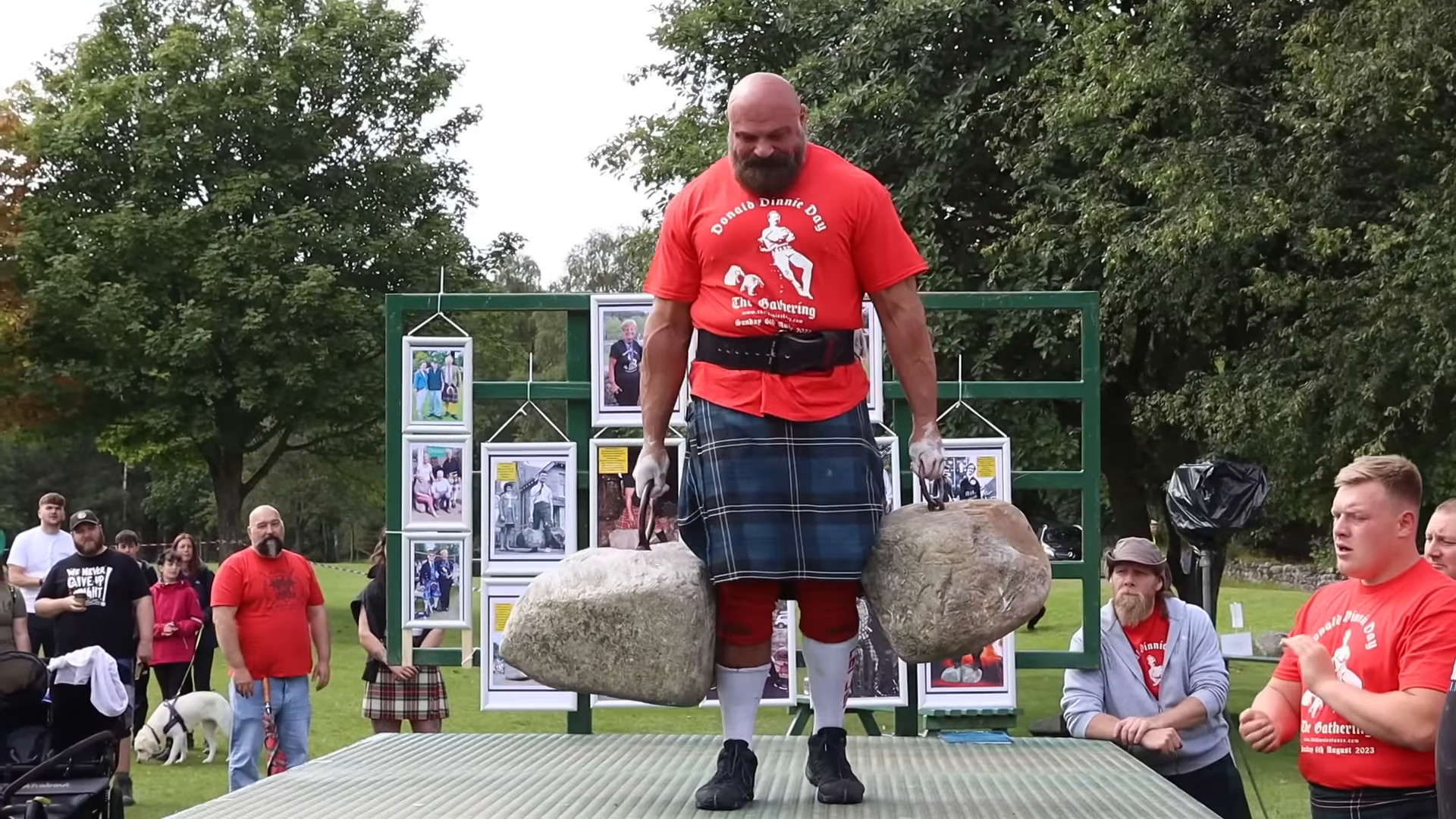
Laurence Shahlaei becomes the first man to surpass the distance of the width of Potarch Bridge with the Dinnie Stones by carrying the stones 22 feet 4 inches (6.8m).
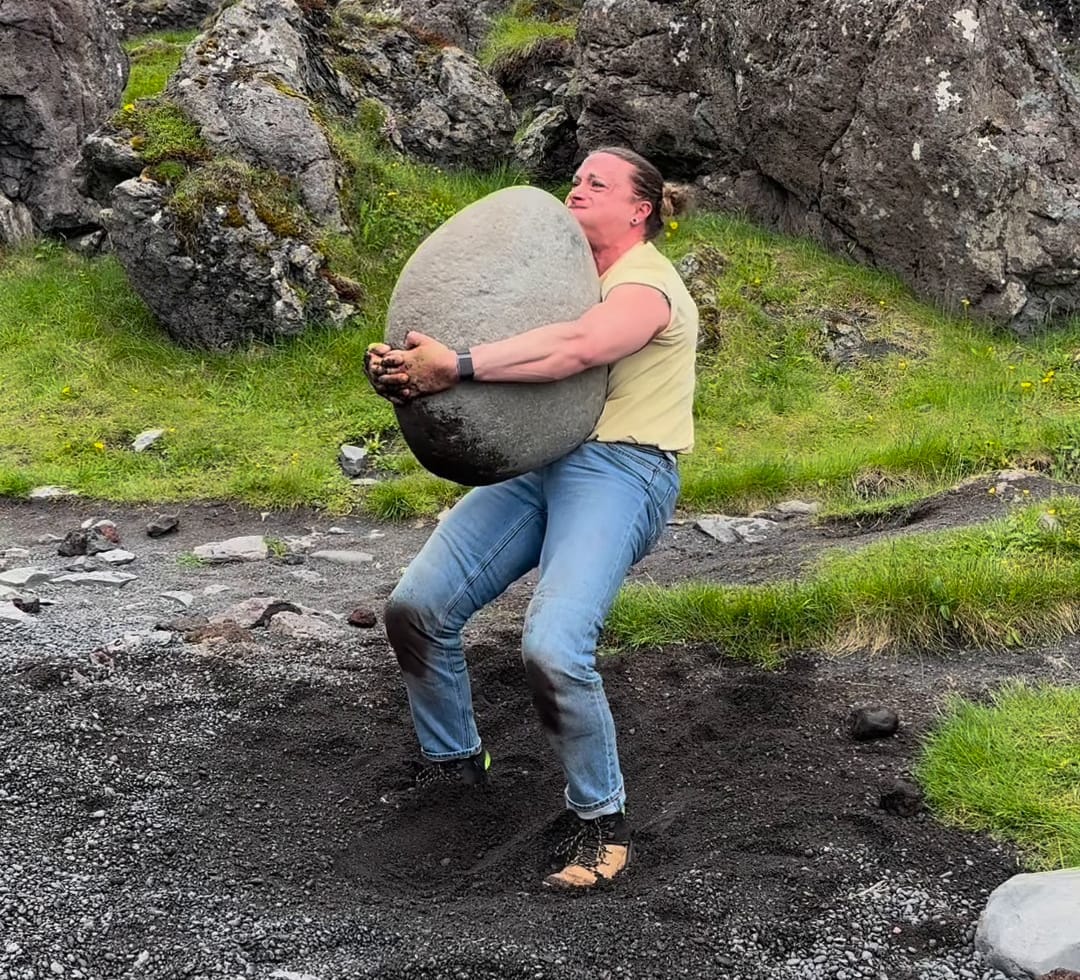
Sandra ‘Sunny’ Bradley becomes the first woman in history to lift Dritvík’s Fullsterkur stone on Djúpalónssandur beach.
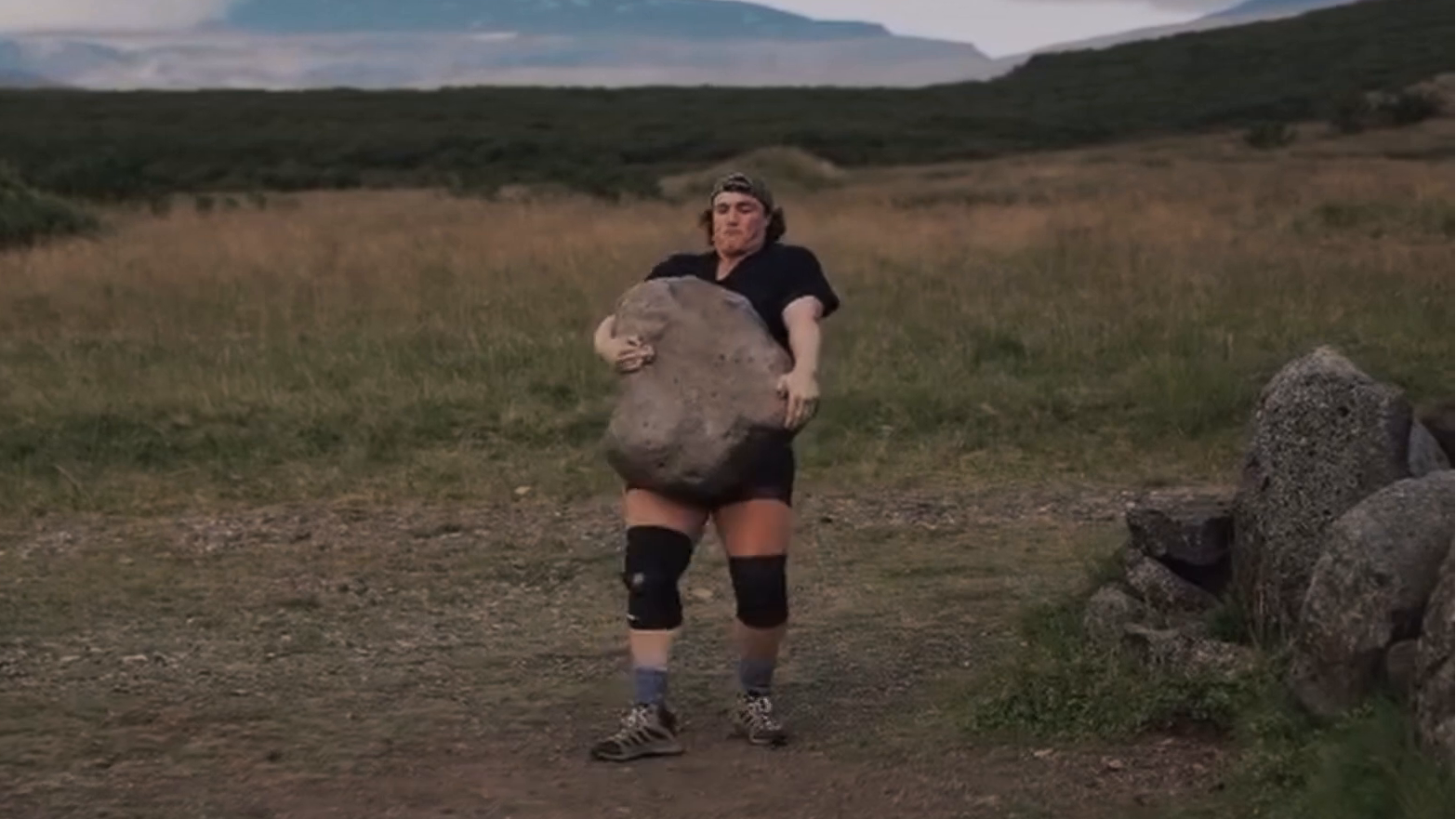
Hannah Linzay becomes the first woman in recorded history to carry the Húsafell Stone around its pen.
Join thousands of other stonelifters who read the world's most popular stonelifting newsletter.